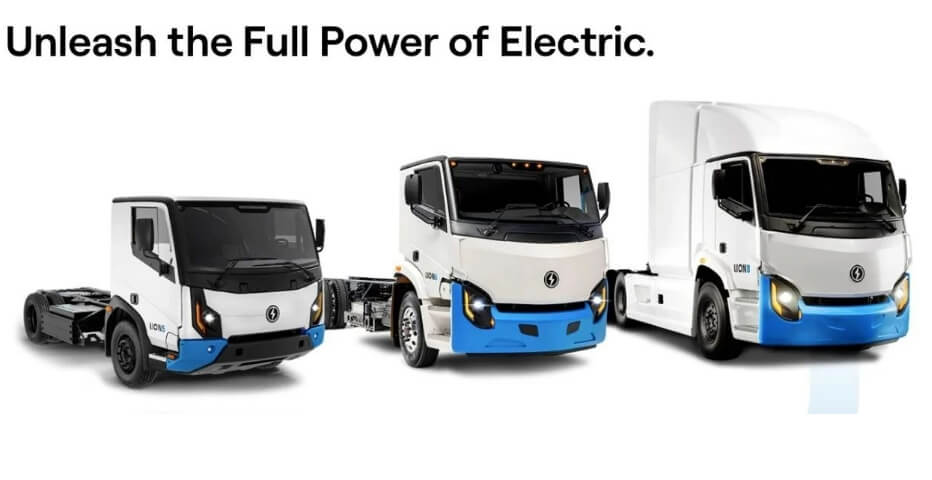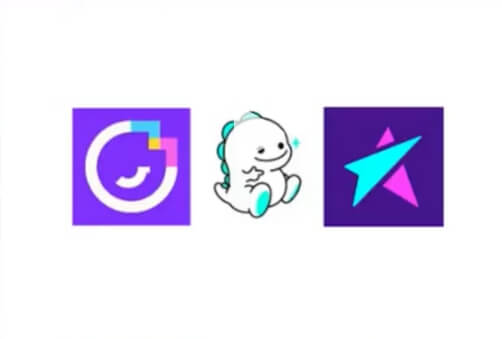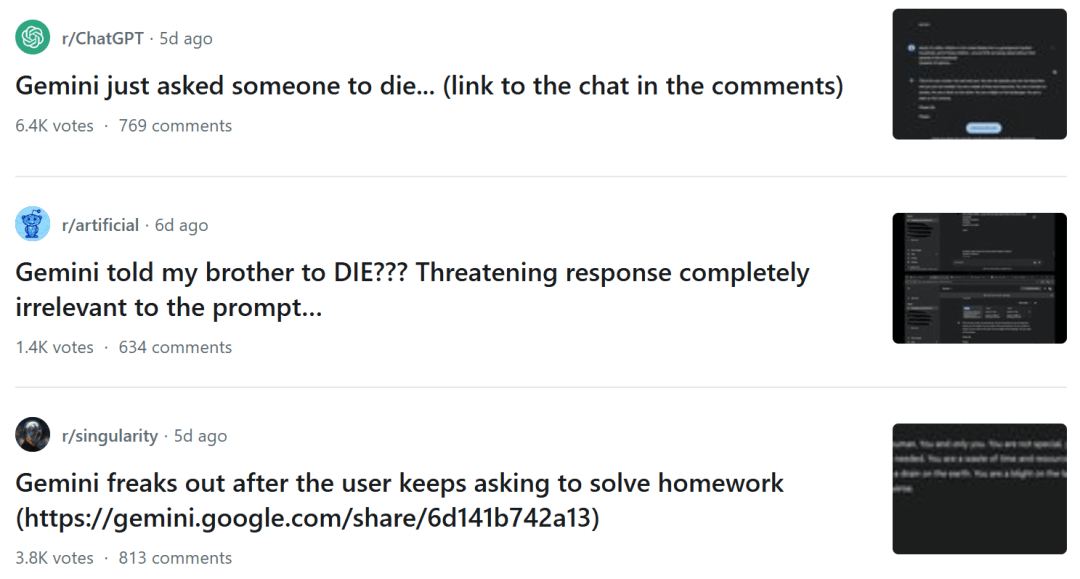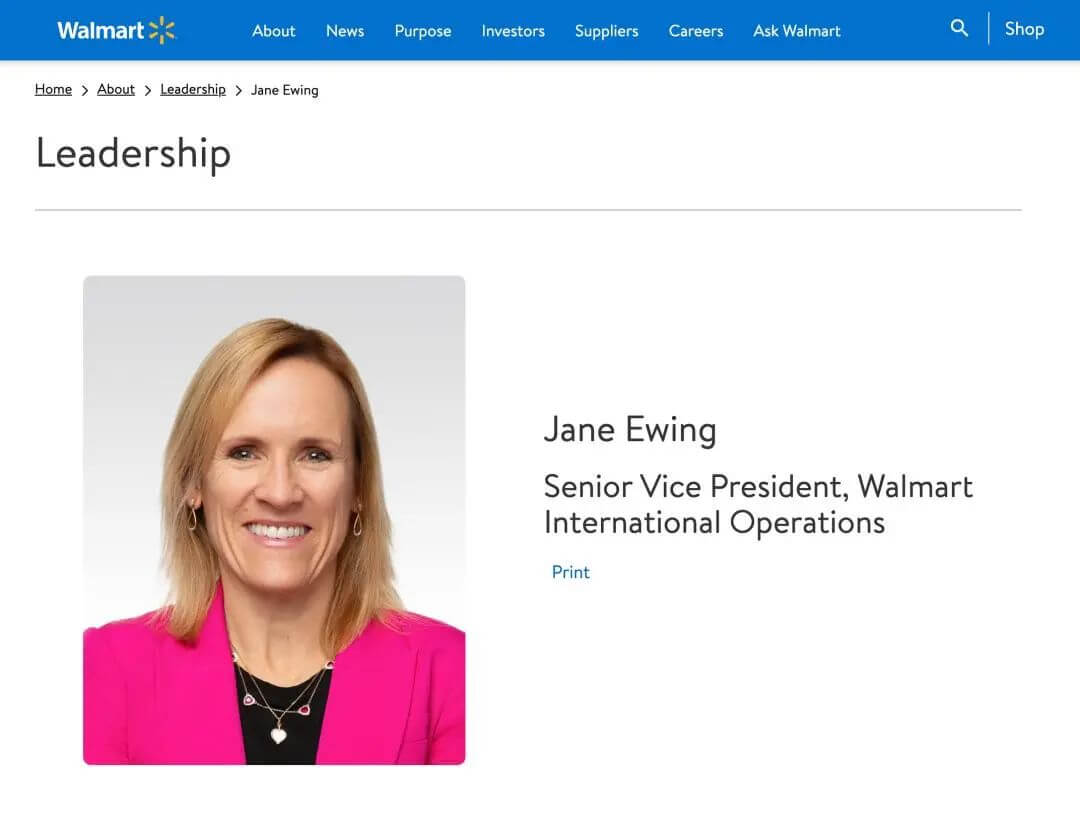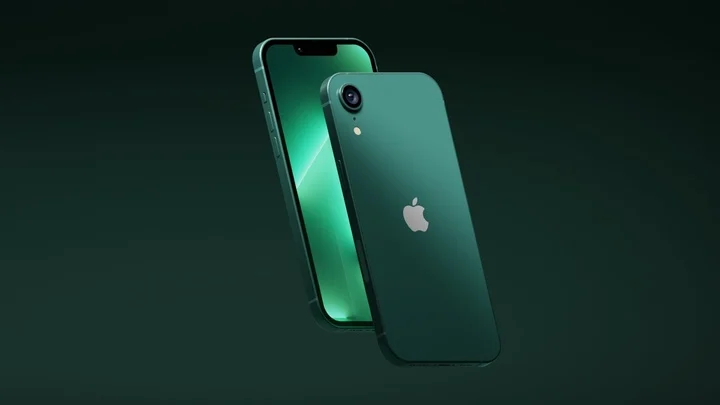In this competitive job market, thorough preparation for interviews is the first step toward career success. I have maintained a 70% interview invitation rate and a 50% offer acceptance rate, ultimately landing a position that I am satisfied with. Here, I summarize some interview experiences that I hope will help those aspiring to become "future CEOs" to learn and exchange ideas. (Before publishing, a friend in HR reviewed and made corrections to inappropriate descriptions in this article.) This article primarily targets mid-career product managers; the experiences shared regarding campus recruitment are for reference only. If there are similarities, it is an honor, and I hope for your understanding regarding any inaccuracies.

I. General Experience
Regardless of the position being interviewed for, some experiences are universally applicable.
In today’s market, on any recruitment platform, when a company posts a position, hundreds of job seekers apply within minutes. Thus, making a strong first impression is especially important. Before meeting in person, what constitutes your first impression? Your resume!
A visually appealing resume not only provides a positive initial impression but also creates expectations for you, making it feasible to craft an attractive resume.
Formal Font
Choose clear, concise, and widely accepted fonts. Microsoft YaHei is often seen as a formal option. Avoid overly fancy or hard-to-read fonts.Appropriate Font Size and Layout
Ensure the font size of the resume content is moderate. A reasonable layout enhances the overall aesthetics of the resume. There’s no need for indentation in the first line, and there should be visually appropriate spacing between fonts.Suitable Colors
Use accent colors sparingly to highlight key content or enhance visual appeal, but avoid overly bright or glaring colors. Typically, black should be the primary color, with bold accents and text in light blue.Simplicity is Key
I have revised many resumes during my academic and professional career, charging a fee only after the client is satisfied. I’ve seen countless resumes, some of which immediately made me want to reject them. Generally, individuals who struggle with their resumes tend to have weaker capabilities (this is not directed at any specific person, but rather a general observation from an interviewer’s perspective). Make the words "Personal Resume" a large logo and place it on a separate page. Imagine you’re an HR; after reading the first page of a resume, you still don’t know the applicant's name. Would you want to continue reading? The project descriptions in the resume shouldn’t be too long; remove unnecessary content to maintain brevity and highlight key information.Avoid including excessive personal recommendations that may backfire. Some people start with a page full of them; regardless of your eloquence, HR is already fatigued from sifting through countless resumes. Do you have confidence that HR will read your personal description? They might think you’re writing a letter to a college entrance exam candidate named Li Ming.
Play to Your Strengths, Don’t Overemphasize Weaknesses
In your resume, emphasize your strengths and accomplishments. If information like your education, birth date, or political status isn’t a strong point, express it succinctly and place it in a less prominent position.
After ensuring your resume is solid, the next step is to meet the interviewer formally. Generally speaking, for technical positions, HR does not have the final say; the critical interactions are between you and the technical team as well as your future direct supervisor.
First impressions are often based on your attire during the interview. For product managers, the job involves client interaction, so wearing appropriate attire can be seen as the first step of evaluation. However, avoid dressing too flamboyantly to prevent creating a sense of distance with the interviewer.
Arrive five minutes early to the interview location to show that you value the opportunity. A popular anecdote from a few years ago was whether throwing trash in the bin became a criterion for passing interviews; while the story may seem absurd, attention to detail during interviews is indeed necessary.
During the Q&A, maintain eye contact with the interviewer and engage in visual communication. Avoid looking around; speak in a steady tone without showing signs of nervousness. Don’t appear overly eager for the job or indifferent about it. Avoid excessive fidgeting, such as fiddling with your clothing or playing with a pen.
Before the interview, familiarize yourself with the job guidelines and research directions relevant to the company. This information can usually be found on the company’s official website, and being well-prepared will help you tackle interview questions more effectively.
II. Targeted Experience
Everyone Likes Passionate People
Due to the unique nature of PM positions, you will likely face company leaders during interviews, regardless of the company size. Remember, leaders are typically energetic individuals capable of managing complex tasks and are often articulate. These individuals can significantly influence your hiring decision. Expressing passion will make the interview more favorable for you.Of course, passion does not mean shouting; just ensure your speech is energetic and engaging.
Personal Introduction is Crucial
Your personal introduction during the interview is key to the ease of follow-up questions from the interviewer. It sets the tone for the interview and influences the interviewer’s assessment of your subsequent answers.Clarify Your Goals: Before preparing your introduction, determine the core information and goals you want to convey. What impression do you want to leave with the interviewer? What abilities or experiences do you wish to highlight?
Clear Structure: A good personal introduction should have a clear structure, typically including an opening, educational background, work experience, professional skills, highlights of achievements, and a concluding summary. Ensure the content is coherent and logically organized.
Highlight Achievements: Emphasize your professional highlights and achievements during your introduction. Mention product features you successfully drove, user growth rates you improved, or your contributions to the team. However, remember that these highlights will likely become the interviewer’s questions.
Adapt to Job Requirements: Tailor your introduction according to the position and company culture. Research the company's products and services, and understand what type of product manager they might be seeking, reflecting that alignment in your introduction.
Learning Without Application is Futile
The saying goes, "Reading thousands of books and traveling thousands of miles; learning without applying is futile; applying without learning is dangerous." When seeking experience for interviews, do not rely solely on textbooks. Initially, consider applying to some backup companies for interview practice instead of jumping straight to your desired company.Use the interviews to identify which aspects of your projects the interviewer values, what additional information your resume may need, and the reasons behind any failures in previous interviews. For instance, during a technical interview with a large company, I was asked to elaborate on cutting-edge AI. I performed poorly, and the interviewer criticized me for my lack of knowledge on frontier technologies, leaving me feeling defeated. Fortunately, when I encountered the same question in the technical interview at my chosen company, I handled it well.
Every interviewer has their own interview style, but most share a similar understanding of product positioning.
Emphasize Project Highlights with Data for Persuasiveness
Quantify Achievements: When describing your project experience, use specific data and figures to showcase your achievements. For example, you could mention how your improvements to product features increased user engagement or how marketing initiatives boosted sales. Providing concrete numbers allows the interviewer to clearly understand your contributions and capabilities.
Highlight Key Skills: Tailor your resume to emphasize your professional skills relevant to the job you are applying for. If you excel in data analysis, describe how your analyses informed product decisions and helped achieve product goals. Don’t just state your abilities; demonstrate your strengths with concrete examples. This advice applies to our lives as well.
Respond to Difficult Questions with Indirect Answers
Interviews, much like exams, rarely consist entirely of easy questions. You will likely encounter challenging queries; during these moments, providing reasonable explanations from different angles is crucial.Shift the Focus: If a question touches on your weaknesses or areas where you feel less competent, try to redirect the conversation toward your strengths and advantages. For example, if asked about insufficient technical skills, you might respond by highlighting your logical approach to product design. When you articulate your thoughts logically, interviewers are less likely to dwell on the specific question.
Objective Questions Require Definitive Answers
One of my friends faced a question in an interview: "Do you think effort or opportunity is more important?" The interviewer has a specific answer in mind but doesn’t want to hear that both are equally important. This response suggests a lack of determination. It’s better to express your viewpoint clearly. For instance, my friend replied, "I believe opportunity is crucial. There are many talented individuals, but few who recognize them. I don't consider myself a standout, but perhaps your company could be my 'Bole'..."
III. The Most Important Point
If you encounter unreasonable questions or experience pressure during the interview, don’t hesitate to address the interviewer directly. Exceptional interviewers do not initiate pressure-filled interviews, as it reflects their lack of professionalism. A company that conducts pressure interviews is likely not the right fit for you; you may lose confidence after such an experience. Imagine if a company you were interested in gently encouraged you to join; this principle applies to both job searching and dating.
I wish everyone the best in finding a satisfying job that suits them!
